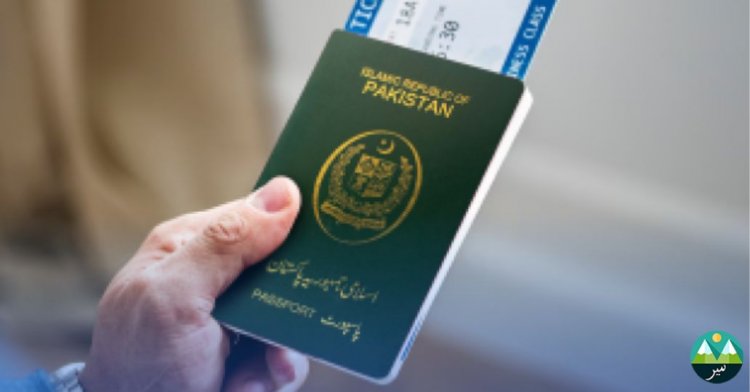Why Passport Delivery is Delayed in Pakistan?

In a concerning development, passport applicants in Pakistan are experiencing significant delays in receiving their documents. The delays, which are attributed to a shortage of lamination papers, have left many applicants frustrated and anxious. As a result, it is estimated that it will take at least a month if not longer, to deliver passports to those who have paid the standard processing fee. This delay has raised concerns about the growing number of pending passports and the lack of an official response from authorities.
Despite ongoing efforts by passport offices to process applications, the shortage of lamination papers has severely hampered their ability to meet delivery timelines. This unexpected issue has created a bottleneck in the passport issuance process, leaving both applicants and officials grappling with the consequences.
Applicants who have applied for passports and paid the normal processing fee are particularly affected by these delays. Previously, the normal passport delivery time was a mere 10 days. However, due to the lamination paper shortage, the Directorate General of Immigration and Passport has had to extend the delivery time for normal passports to 21 working days. The situation is even more challenging for those who require urgent or fast-track passports, as these will now take 5 and 2 days, respectively. This is a significant increase from the previous delivery times of 4 days for urgent and 2 days for fast-track passports.
The delays in passport delivery have left many applicants in limbo. For those who have immediate travel plans or other pressing needs, the extended wait times have become a cause for concern. Many applicants have been eagerly waiting for their passports and are worried about the impact these delays may have on their plans.
One major concern is the lack of official communication regarding the issue. So far, there has been no statement from the authorities addressing the worries and frustrations of the applicants. This lack of transparency has added to the overall sense of uncertainty.
The ongoing shortage of lamination papers has caused a significant disruption in the passport delivery process in Pakistan. Applicants who paid the normal processing fee can now expect to wait up to 21 working days for their passports. The situation is particularly challenging for those in urgent need of their documents, as the delivery times for urgent and fast-track passports have also increased. The lack of official communication regarding this issue has only heightened the concerns of applicants who are anxiously waiting for their passports.
As the situation continues to evolve, it is essential for the authorities to address this issue promptly and work towards a resolution that ensures timely passport delivery for all applicants.



















